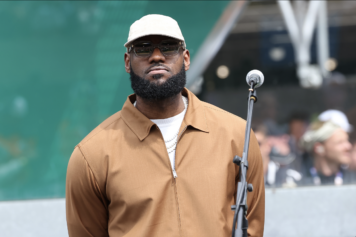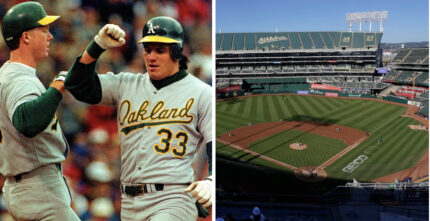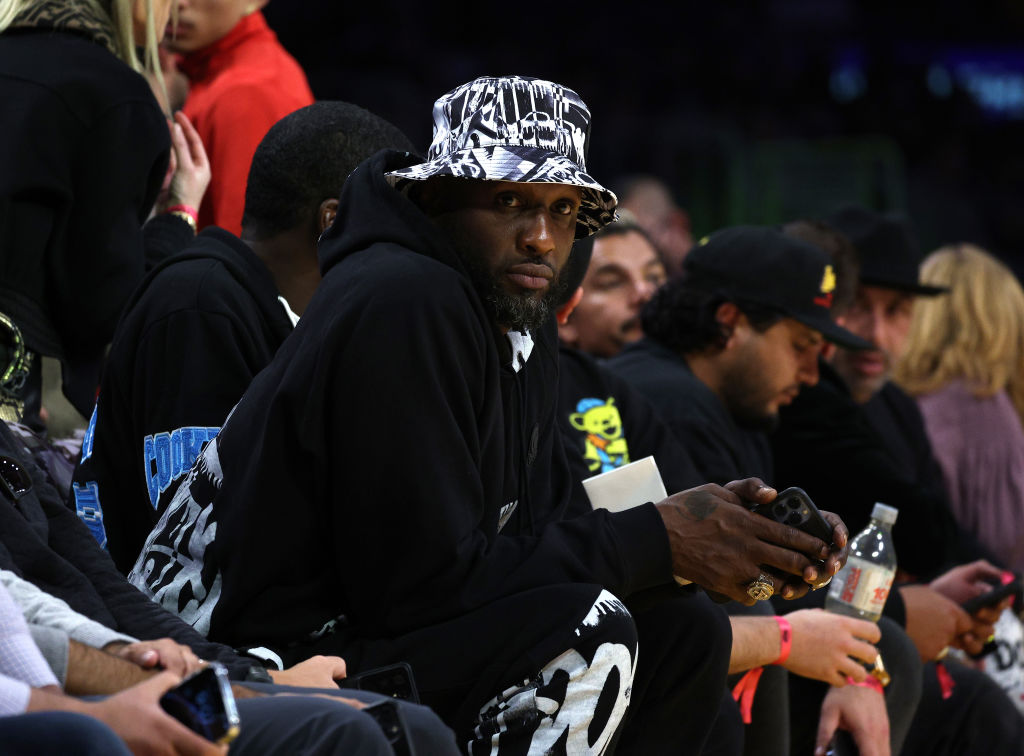April 21st is the one-year anniversary of Prince’s death. Over the next few days, we’ll be sharing some of our reflections on the one-of-a-kind musical genius and dynamo.
It’s always shocking to me when people talk about hustlers in the music industry and mention only Hip Hop artists like Jay-Z, Diddy, Rick Ross, Fat Joe, Drake, DJ Khaled or anyone else. Yes, these artists/businessmen are a part of a corporate Hip Hop exuberance that embodies the art of the deal, but have absolutely nothing on the Purple One.
Earlier iterations of Prince came in the form of artists like James Brown and George Clinton – funk maestros that understood music marketing and multiple revenue stream generation better than most even understand music theory.
But Prince took the artist-businessman ethos to an entirely new level that paved the way for todays independent music gentry.
Always at the vanguard artistically, Prince Rogers Nelson was a creative master of musicianship. He played the guitar, bass and drums along with producing, composing and writing songs that would inspire generations. His voice was unmatched and his ability to lead a band with precision was like the merging of Duke Ellington and James Brown.
In 2016, for six phenomenal months in Las Vegas at the Rio Hotel and Casino, Prince opened a small nightclub Club 3121, named after the album 3121 he dropped that year. The under-1,000 person capacity venue featured impromptu performances from Prince and his friends on weekends from November 2006 to April 2007. It was one of the most glorious experiences in musicality you could ever experience.
He had no format and on any given weekend his set would run the gamut, from his classic hits like When Doves Cry to songs he liked from other artists. He played in his own world and for himself, which was part of the enjoyment from the experience. Watching Prince perform there provided understanding to his motivation. Performing his music was therapeutic and very personal without caring if people liked it or not.
But he knew keenly that they did indeed like it as the audience was engulfed in the rapture of his brilliance and unbridled energy. This was the genius of Prince, a performer/businessman who knew how to engage his audience uniquely while remaining in control at all times.
When he famously wrote the word slave across his face when battling Warner Brother Records for creative control over his 1993 album, The Gold Experience, he purposely changed his name to an androgynous symbol in defiance. He constantly penned hits for other artists under a pseudonym and refused to surrender his freedom to the corporate record label system.
In a world where most artists are rushing into the new age 360 record deal, where a percentage of everything an artist makes is exchanged for a bigger marketing uplift, Prince was the progenitor of the “just say no” campaign for musicians. He famously left the system for years and took his music straight to fans online via subscription based services.
This is pre-Netflix and iTunes and his visions proved to truly be the wave of the future, before we all knew how the landscape would shift. Prince lassoed his rabidly loyal fan base in ways no one had ever dared before, and always stood in defiance of popular convention.
The short six months of life he gave the restless Las Vegas desert were indicative of his style – impromptu and in your face with a well-schooled edge that made you realize real music does still live.
When the late Charlie Murphy told his stories of Princes basketball acumen on Chappelles Show, it only added to the many dimensions of awesome we all came to learn of this talented, otherworldly human being.
Prince was the kind of guy every man wishes he was born brave enough to become. Watching him showed the world that there can only be one, and in the dark shadow of the Nevada mountain ranges in a small converted casino showroom, he proved that fact up close and personal.



